10 Best Herbal Essential Oils For Open Wounds
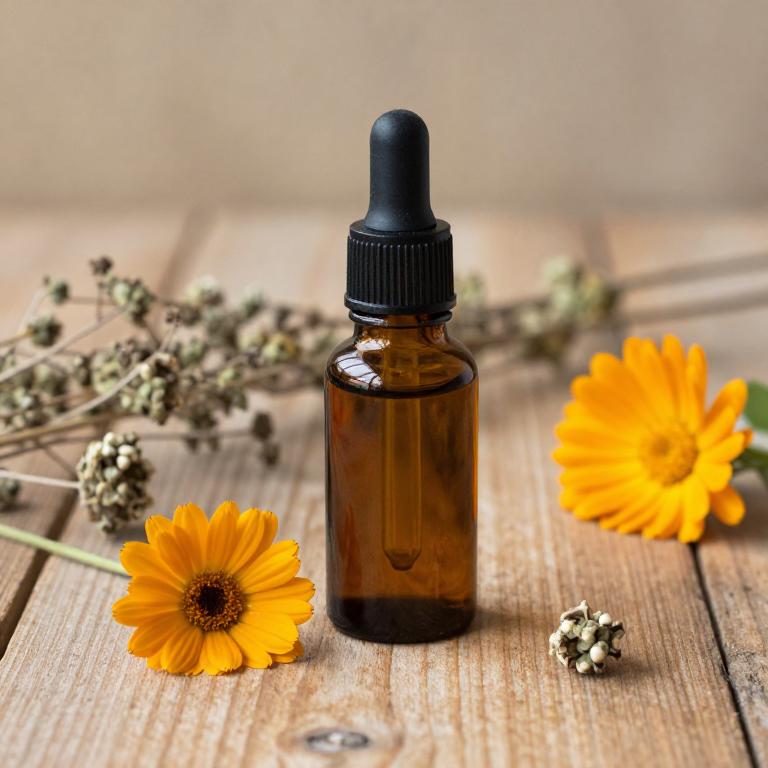
Herbal essential oils, derived from plants through distillation or cold pressing, have been traditionally used for their antimicrobial and anti-inflammatory properties.
While some essential oils, such as lavender and tea tree oil, may offer benefits for wound healing, they should not be applied directly to open wounds without proper dilution and caution. These oils can stimulate cellular regeneration and reduce infection risk, but their potency requires careful handling to avoid irritation or allergic reactions. It is crucial to consult a healthcare professional before using essential oils on open wounds, as improper use may delay healing or cause further damage.
Overall, while herbal essential oils can complement wound care, they should be used as part of a comprehensive treatment plan under professional guidance.
Table of Contents
- 1. Marigold (Calendula officinalis)
- 2. St. john's wort (Hypericum perforatum)
- 3. Yarrow (Achillea millefolium)
- 4. English lavender (Lavandula angustifolia)
- 5. Echinacea (Echinacea purpurea)
- 6. Lemon balm (Melissa officinalis)
- 7. Stinging nettle (Urtica dioica)
- 8. Rosemary (Rosmarinus officinalis)
- 9. Melaleuca (Melaleuca alternifolia)
- 10. Common teucrium (Teucrium marum)
1. Marigold (Calendula officinalis)

Calendula officinalis, commonly known as pot marigold, is widely used in herbal medicine for its anti-inflammatory and antimicrobial properties.
Its essential oil, derived from the flowers through steam distillation, contains compounds like sesquiterpene hydrocarbons and flavonoids that contribute to its therapeutic effects. When applied to open wounds, calendula essential oil can help reduce inflammation, prevent infection, and promote tissue regeneration. However, it is important to dilute the essential oil properly with a carrier oil to avoid skin irritation.
Due to its potent nature, it should be used with caution and ideally under the guidance of a qualified herbalist or healthcare professional.
2. St. john's wort (Hypericum perforatum)
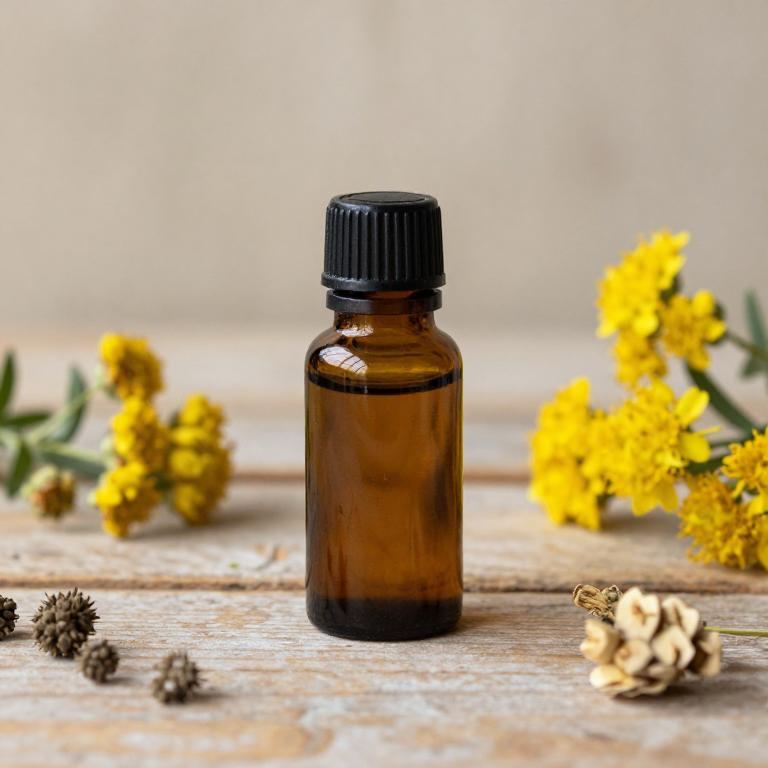
Hypericum perforatum, commonly known as St. John's Wort, contains essential oils that have been traditionally used for their anti-inflammatory and antimicrobial properties.
These essential oils may help reduce infection risk and promote healing in open wounds by supporting tissue repair and reducing inflammation. However, it is important to note that the essential oils of Hypericum perforatum can be phototoxic, meaning they may increase the skin's sensitivity to sunlight, potentially causing burns or discoloration. While some studies suggest potential benefits, the use of these oils on open wounds should be approached with caution and under the guidance of a healthcare professional.
Overall, while Hypericum perforatum essential oils show promise in wound care, their application requires careful consideration of safety and proper usage.
3. Yarrow (Achillea millefolium)
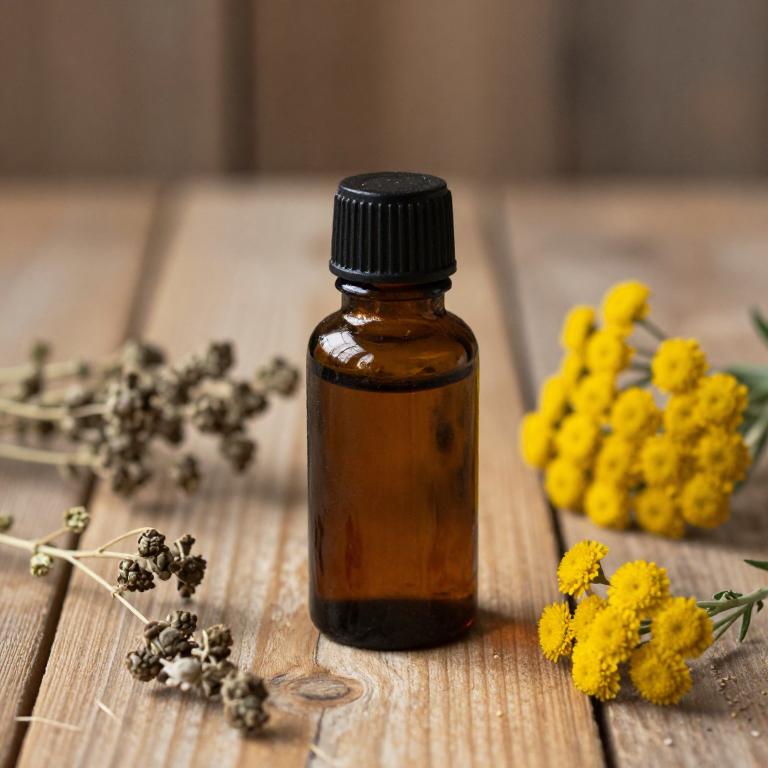
Achillea millefolium, commonly known as yarrow, contains essential oils that have been traditionally used for their antiseptic and anti-inflammatory properties, making them potentially beneficial for treating open wounds.
The essential oils derived from yarrow, particularly those rich in compounds like chamazulene and bisabolol, exhibit antimicrobial activity that can help prevent infection in wounds. These oils may also promote wound healing by reducing inflammation and encouraging tissue regeneration. However, it is important to dilute the essential oil properly before applying it to the skin to avoid irritation.
While some studies suggest potential benefits, further research is needed to fully understand its efficacy and safety for use on open wounds.
4. English lavender (Lavandula angustifolia)

Lavandula angustifolia, commonly known as English lavender, is widely recognized for its soothing and healing properties, particularly when used in the form of essential oil.
The essential oil derived from this plant contains compounds such as linalool and linalyl acetate, which possess antimicrobial, anti-inflammatory, and analgesic effects, making it beneficial for open wounds. When diluted appropriately, lavender essential oil can help reduce infection risk, promote tissue repair, and alleviate pain associated with wounds. It is often used in topical applications, such as in salves or compresses, under the guidance of a healthcare professional.
However, it should never be applied undiluted directly to the skin, as it may cause irritation or allergic reactions.
5. Echinacea (Echinacea purpurea)
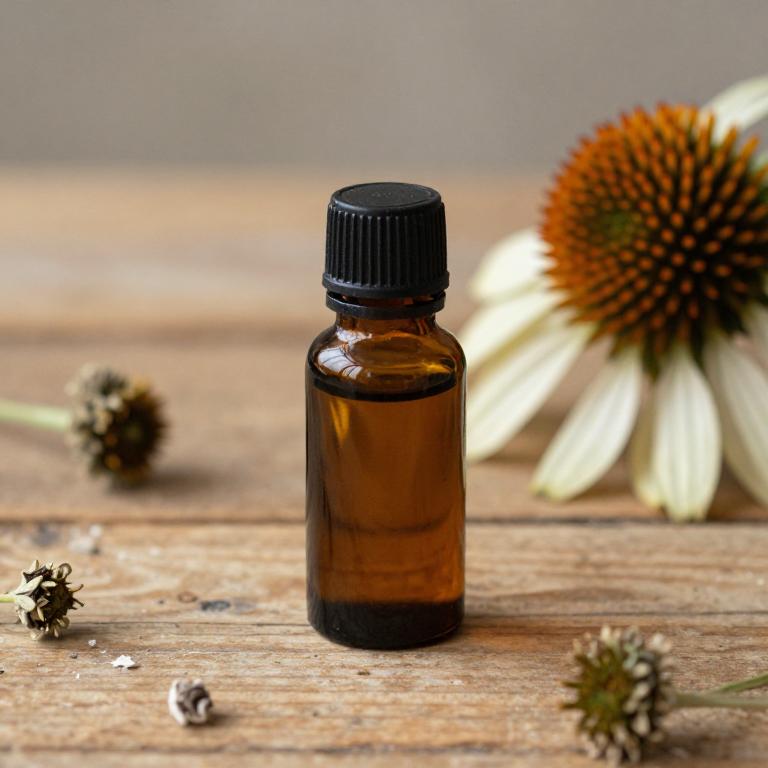
Echinacea purpurea, commonly known as purple coneflower, is traditionally used in herbal medicine for its potential anti-inflammatory and antimicrobial properties.
While essential oils derived from Echinacea purpurea are often used topically for skin conditions, their application to open wounds requires careful consideration due to the risk of irritation or infection. Some studies suggest that Echinacea may support wound healing by promoting tissue regeneration and reducing inflammation, but its efficacy for open wounds has not been extensively validated in clinical trials. Due to the potential for allergic reactions and the lack of standardized dosing, it is generally recommended to consult a healthcare professional before using Echinacea essential oils on open wounds.
As a result, while Echinacea may offer some benefits, it should not replace conventional wound care practices without medical guidance.
6. Lemon balm (Melissa officinalis)
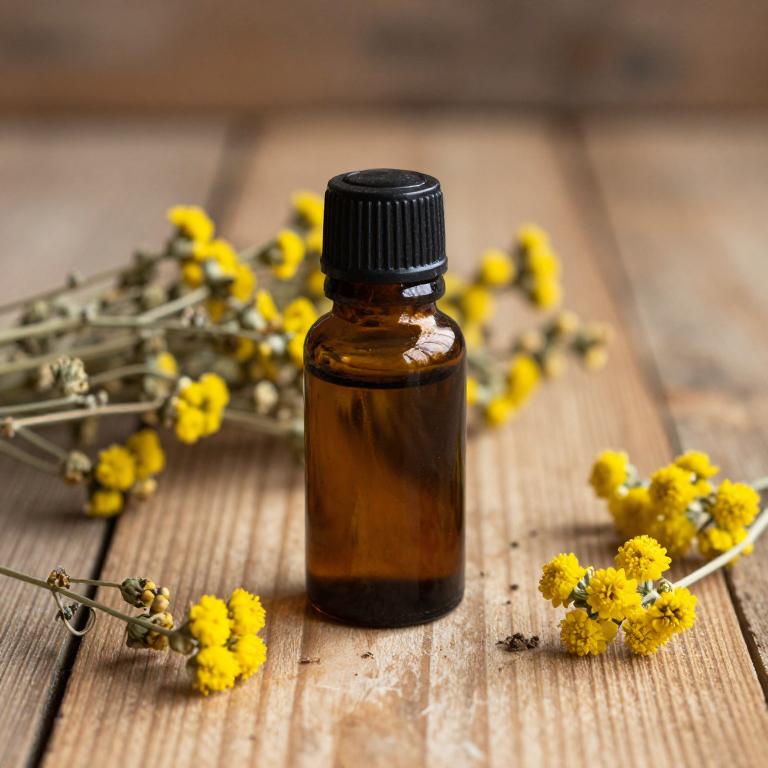
Melissa officinalis, commonly known as lemon balm, is a herb that contains essential oils with potential therapeutic properties for open wounds.
The essential oils derived from Melissa officinalis are rich in compounds such as citral, geraniol, and limonene, which exhibit antimicrobial and anti-inflammatory effects. These properties may help in preventing infections and promoting tissue repair in wounds. However, it is important to note that while some studies suggest the use of Melissa officinalis essential oils for wound healing, more clinical research is needed to confirm its efficacy and safety.
As with any essential oil, proper dilution and consultation with a healthcare professional are recommended before applying it to open wounds.
7. Stinging nettle (Urtica dioica)

Urtica dioica, commonly known as stinging nettle, contains bioactive compounds that may support wound healing when used in the form of essential oils.
These oils, derived from the leaves and stems of the plant, have been traditionally used for their anti-inflammatory and astringent properties, which can help reduce swelling and promote tissue repair. However, it is important to note that essential oils from Urtica dioica are typically not extracted directly due to the plant's irritant properties, and instead, other forms such as infused oils or topical salves may be more commonly used for treating open wounds. When applying any herbal essential oil to an open wound, it is crucial to dilute it properly with a carrier oil to avoid skin irritation.
While some preliminary studies suggest potential benefits, further clinical research is needed to fully understand the efficacy and safety of Urtica dioica essential oils in wound care.
8. Rosemary (Rosmarinus officinalis)

Rosmarinus officinalis, commonly known as rosemary, produces an essential oil that has been traditionally used for its antimicrobial and anti-inflammatory properties.
This oil can help in the healing process of open wounds by reducing the risk of infection and promoting tissue regeneration. The essential oil contains compounds such as cineole and camphor, which have been shown to possess wound-healing benefits. However, it is important to dilute the oil properly before applying it to the skin to avoid irritation.
While rosemary essential oil may support wound care, it should not replace professional medical treatment for severe or infected wounds.
9. Melaleuca (Melaleuca alternifolia)

Melaleuca alternifolia, commonly known as tea tree oil, is a powerful herbal essential oil derived from the leaves of the Melaleuca alternifolia plant, native to Australia.
It is widely recognized for its potent antimicrobial properties, making it effective in preventing infections in open wounds. When properly diluted, tea tree oil can be applied to wounds to reduce the risk of bacterial growth and promote healing. Its anti-inflammatory and antiseptic qualities help soothe irritation and accelerate tissue repair.
However, it should always be used with caution and diluted with a carrier oil to avoid skin irritation or adverse reactions.
10. Common teucrium (Teucrium marum)
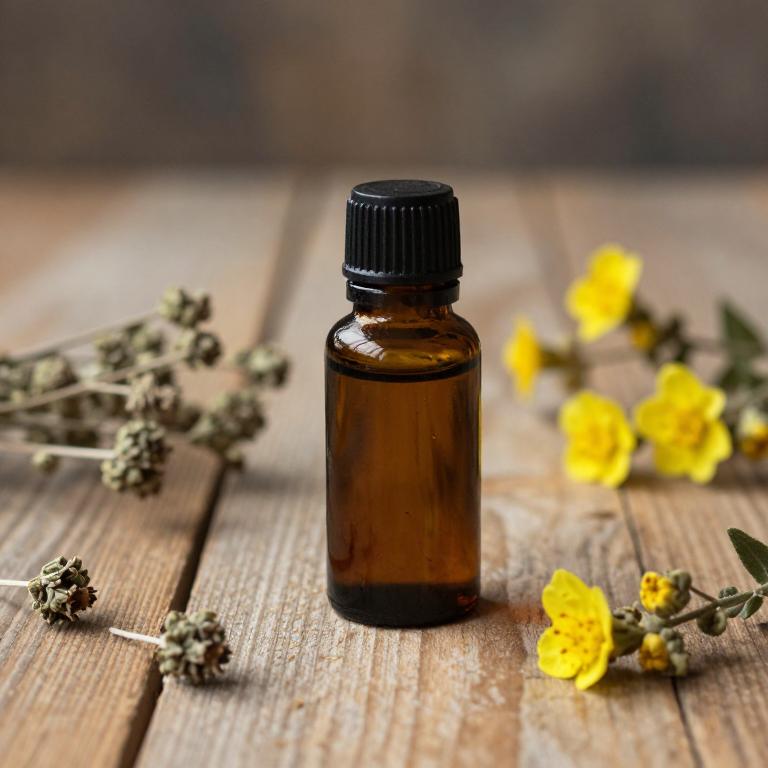
Teucrium marum, commonly known as germander, contains essential oils that have been traditionally used for their antimicrobial and anti-inflammatory properties.
These oils may help in promoting wound healing by reducing infection risk and soothing irritated tissues. The essential oils derived from Teucrium marum are often extracted through steam distillation, preserving their active compounds such as thymol and carvacrol. While some studies suggest potential benefits for open wounds, it is important to consult a healthcare professional before using these oils, as they may cause irritation or interact with other treatments.
Overall, Teucrium marum essential oils can be a complementary therapy when used safely and appropriately under expert guidance.